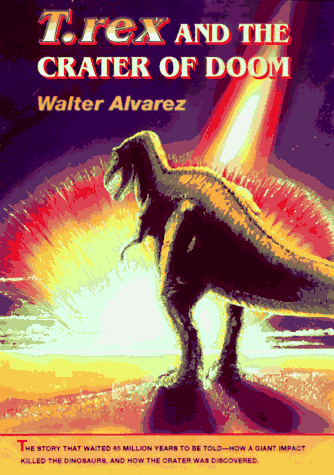 The Genetic Strand: Exploring a Family History Through DNA by Edward Ball
The Genetic Strand: Exploring a Family History Through DNA by Edward BallMy rating: 2 of 5 stars
This isn't quite the book that a brief description makes it out to be. What most of the book does is describe the current state of DNA testing in most of the variations that someone is likely to come across. That it was mostly science-talk didn't bother me - I'm familiar enough with the science around DNA to not be bothered by "the Vocabulary." What did bother me, though, was getting back to what the brief description promises - a book about race and racial tension within multiple generations of a family. In my opinion, the book didn't spend *nearly* enough time with this. I couldn't help but cringe when the author talks about the possibility of having non-white ancestors with some of his family members. They sound really excited about it, but sound so ignorant in their discussion that it's really off-putting.
I also found the implicit white privilege in the whole premise of the book somewhat off-putting too: the well-off white guy finds some family hair in his family heirloom desk (which he finds really bizarre, but I think is fairly common to collect a bit of hair from a first haircut, etc..) and decides to go to the expense of having it DNA tested to see if his family's story about who they are is accurate. While he hoped to find traces of Native American or African ancestry in the DNA samples collected (probably so he'd have the premise for another book), I was struck by the fact that he's *able* to do this, whereas for many of the descendants of the slaves his family held, they *don't* have a long family story and at least some (I won't say many, because I don't know) don't have the means to find out via DNA testing (he doesn't talk about the cost of all the testing in the book).
****SPOILER****
The book doesn't bother me because it's not an apologist work. It bothers me because it's as if he and his relatives covet biological evidence of the mistreatment of the women they held as slaves (or the illicit activities of the white women in their family). The book bothers me because after he's found out that his family is as white as they always thought they were - even if there's no "noble" blood in their family - the book just stops. Oh, huh. DNA testing sometimes makes mistakes - cue skepticism about EVERYTHING related to DNA, blah, blah. It came off as though he's the spoiled kid who didn't get his way and now he doesn't want to play anymore, though it's better written than to sound *whiny*. It bothers me that he wanted to spend the $$ to try to rewrite his family history _because he wanted to_ when most other people (white or not) can't. Just makes it seem like he's not so far removed from his ancestors as he'd like to be - ideologically.
View all my reviews




